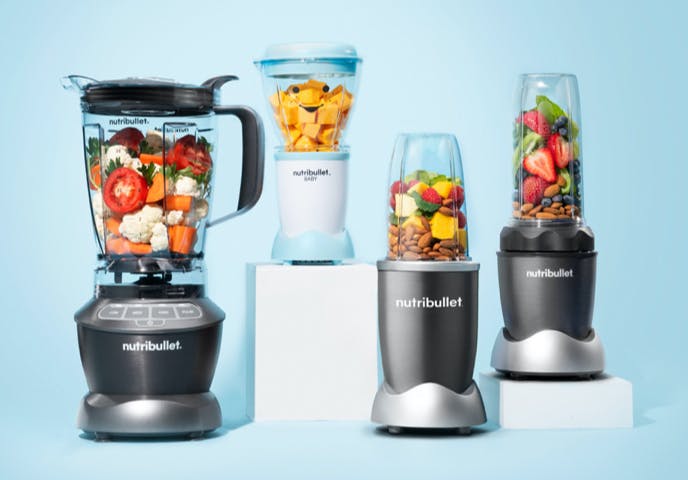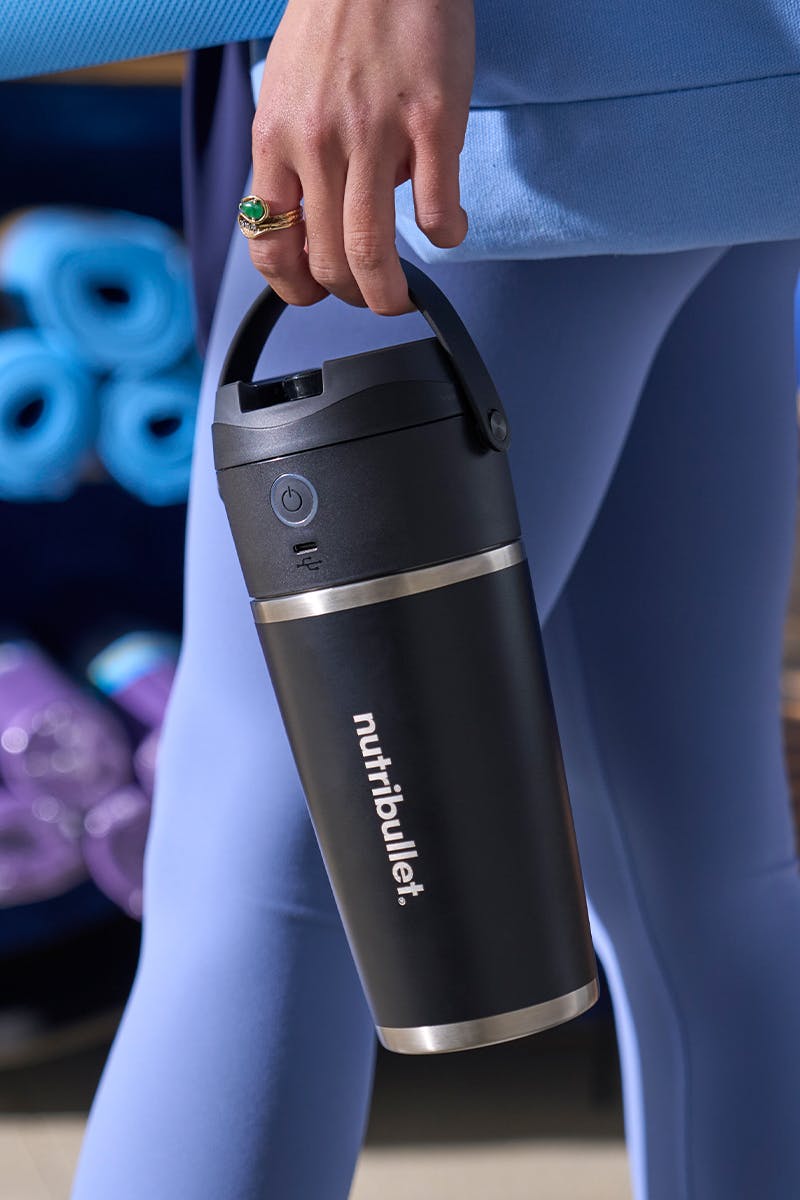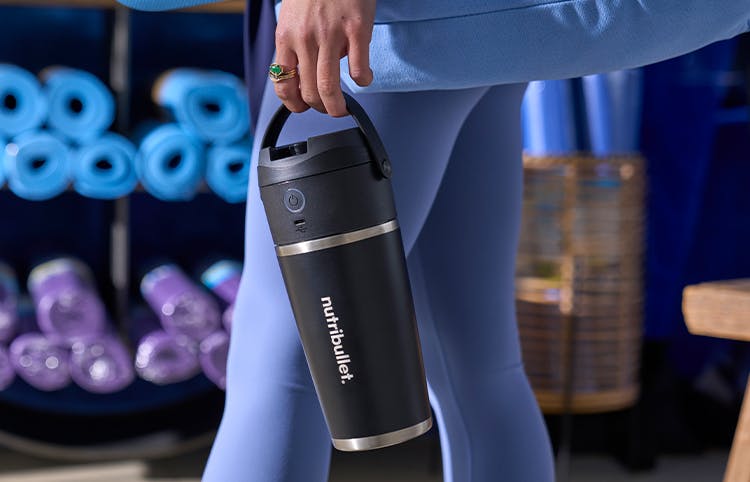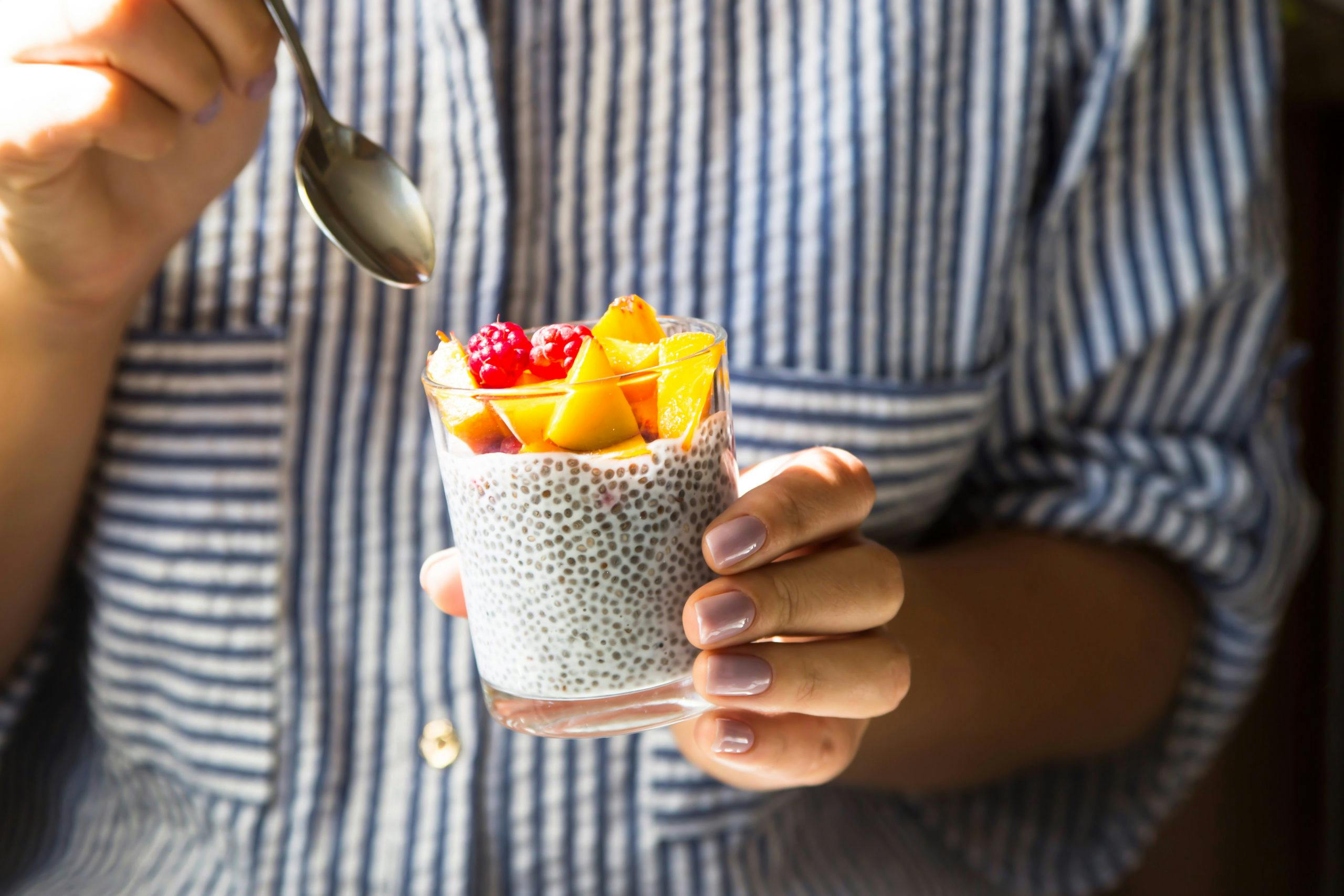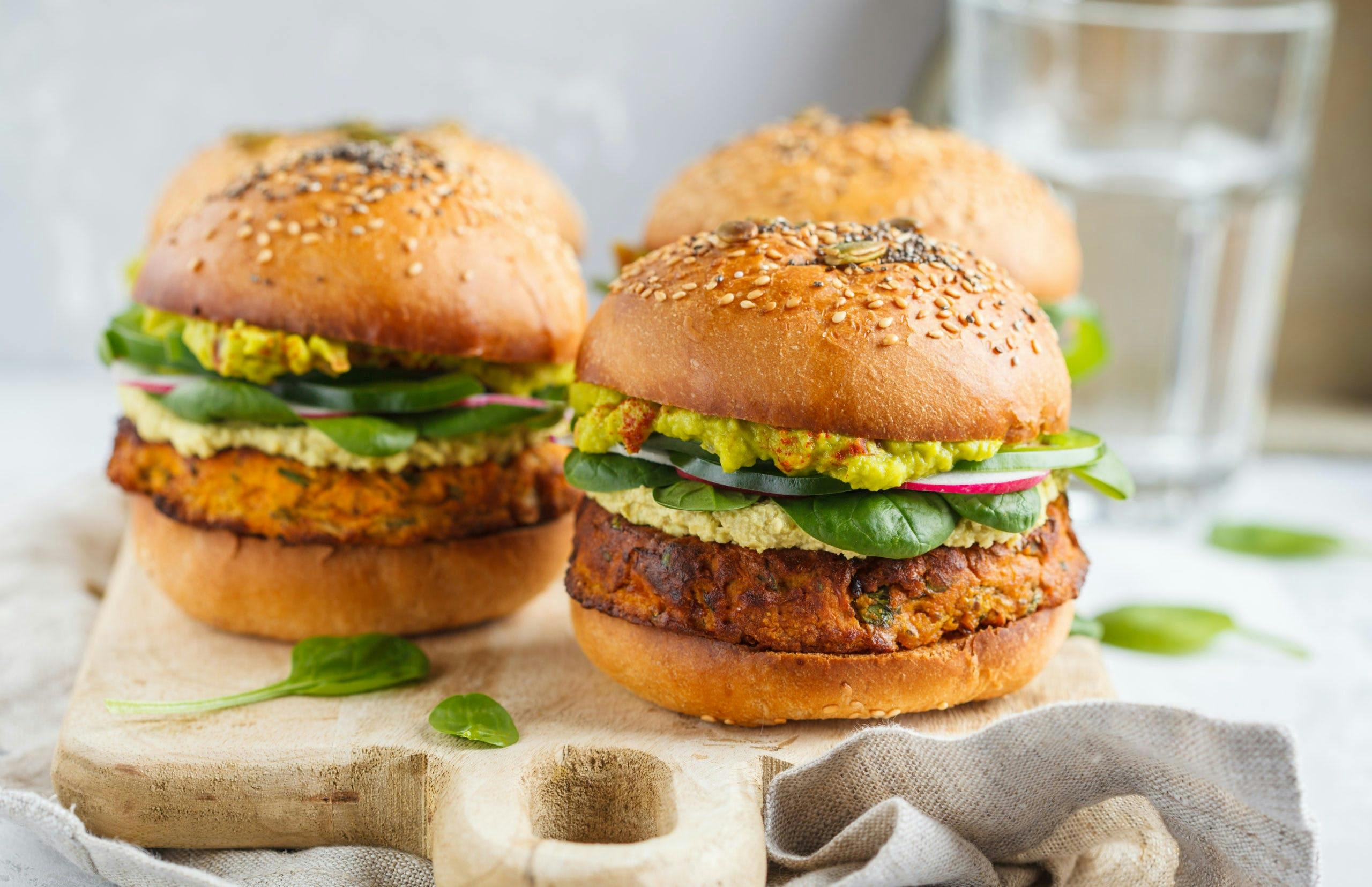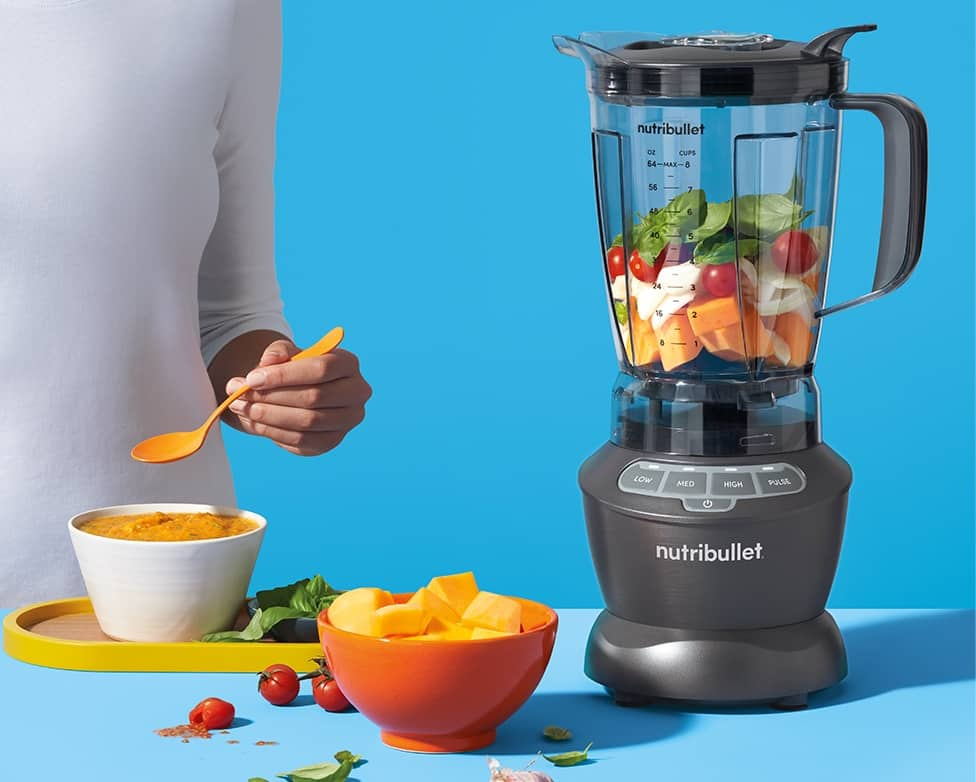It seems like everywhere you turn, you are bombarded with the term, “gluten-free.” Restaurants proudly boast their gluten-free options, supermarkets have gluten-free sections and even products that never would contain gluten have the claim, “gluten-free,” strewn across their labels. As a consumer, it’s challenging to navigate through the labels and the health claims. Do I not feel well because I eat gluten? Is it healthier to be gluten-free? Do I need to avoid gluten altogether? Let’s explore the answers to these commonly asked questions.
First, we need to start with the definition of gluten. Gluten is a protein that’s found in the seed of a grain, the most common being wheat, barley and rye products. Seems pretty straightforward, but identifying products with gluten can be more difficult than you would think. On the surface, it’s easy to eliminate the obvious foods – breads, pastas, cereals, pretzels, cakes, flour, bagels and cookies – but where else can gluten hide? Soy sauce, cold cuts, salami, sausage, gravy, candies, beer, marinades, salad dressings, vodka, and BBQ sauce are some of the sneaky sources of gluten.
Gluten is not necessarily as evil as you would assume, but it is important to understand when and why you may need to avoid gluten in your diet. About 1% of the population is diagnosed with celiac disease, an autoimmune disorder of the small intestines, which results in intestinal inflammation when foods containing gluten are eaten. When intestines are inflamed, your body’s ability to digest and absorb nutrients decreases. This can lead to abdominal pain, bloating, gas, diarrhea, unexplained weight loss and, if it goes undiagnosed over a long period of time, malnutrition or nutrient deficiencies. The prevalence of celiac disease increases in a person who already has a pre-existing autoimmune disorder.
Recently, researchers found that a growing number of people are reporting a sensitivity to gluten, about 16 to 25% of the population. Typically, patients report the same symptoms as celiac disease but can also experience migraines, headaches, nausea, muscle discomfort, joint and bone pain. These symptoms go beyond the gastrointestinal (GI) tract into parts of the body that may not be associated with digestion or even diet.
As a functional medicine dietitian, I work with many patients who report feeling bloated, gassy, and fatigued, as well as having diarrhea or headaches. Historically, these symptoms have been lumped into the category of irritable bowel syndrome, or IBS. Many patients find that after they receive their diagnosis, they still aren’t any closer to understanding how to address their symptoms. From my experience, many of these patients have found relief by following a gluten-free diet.
So what does a gluten-free diet consist of and is it a healthy diet to follow? There are many healthy and nutritious gluten-free foods that you can add to your new diet. Include foods like rice, quinoa, amaranth, teff, millet and sweet potatoes. Be aware that many gluten-free products are often low in B vitamins, calcium, vitamin D, iron, zinc, magnesium, and fiber. Few, if any, gluten-free products are enriched or fortified with these nutrients. If you are adhering to a strict gluten-free diet, consider taking a multivitamin or ensuring that your diet has a lot of food variety.
As you can see, a gluten-free diet is beneficial to those people diagnosed with celiac disease, gluten sensitivity and potentially IBS. Following a gluten-free diet for those conditions is essential for disease management. If you want to go gluten-free, make sure you include a variety of gluten-free foods in your diet while adding a multivitamin and a balance of nutrients to fill in the gaps.
*If you or your family member experience any of the mentioned symptoms on a regular basis, make an appointment with your physician. Additionally, make an appointment with a Registered Dietitian to learn more about how to eat a gluten-free diet.










